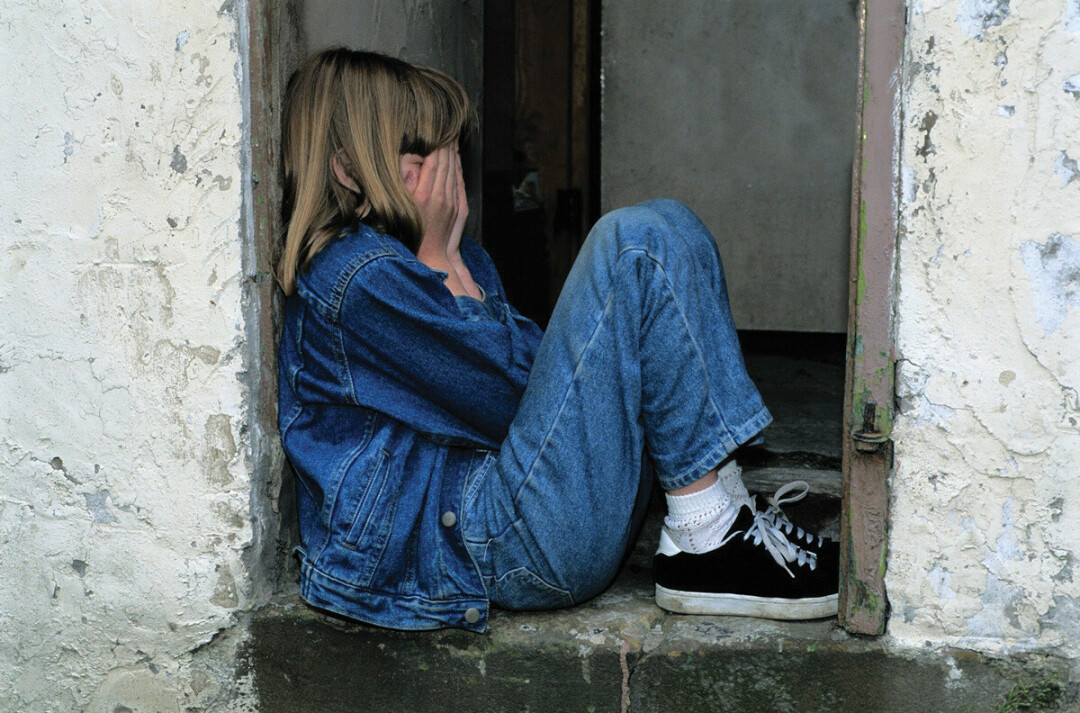National Child Abuse Prevention Month Confronting Institutional Abuse

Children deserve to feel safe and secure, inside and outside of their homes. Every year, thousands of child abuse victims and adult survivors come forward to seek justice against abusers who were in charge of their care in an institutional environment. These crimes against children are devastating and should not go unnoticed, making April’s National Child Abuse Prevention Month the perfect time to bring these issues to the forefront. National Child Abuse Prevention Month highlights the issues that victims face and equips communities with the tools to better support survivors.
What is Institutional Abuse?
Institutional child abuse takes place outside of the child’s home environment in an institutional setting, like a public or private school, church or religious group, or youth organization led by adults. Perpetrators of institutional abuse are responsible for the safety and well-being of children, and are typically regarded as trustworthy members of the community. Children are also taught from a young age to respect authority figures, making it difficult to understand when to say “No,” or when a situation is becoming inappropriate or potentially abusive. This allows abusers to prey on children without raising immediate suspicion.
The abuse itself can take many forms, however sexual abuse and molestation are more common offenses inflicted by abusers in institutional settings. The process of coercing a child into participating in sexual acts is known as grooming which often begins when an abuser builds trust and an emotional connection with a victim. This might include the abuser spending more time with their victim or paying them particular attention. Once a relationship is formed, the abuser then has a level of power and control over the victim, and uses their prowess to manipulate the child into participating in sexual acts. In these situations, perpetrators are often able to convince their victims into the sexual activity under the guise of it being “special,” or “an act of love.” In cases of clergy sexual abuse, abusive priests have been known to mask the abuse as an “act of God’s will.”
Child sexual abuse does not always involve physical contact between the abuser and the victim. Other examples of sexual misconduct to keep in mind include sexual communications with a minor through text messages, phone calls, or online via social media; exposing a minor to pornography; asking, coercing or blackmailing a minor to take sexually explicit photos of themselves; and exposing oneself to a minor.
What are Signs of Child Abuse?
It can be difficult for children to understand what abuse is and if it is happening to them. It can take years for child abuse victims to finally come to terms with the abuse they suffered. Nonetheless, identifying the potential signs of child abuse in the present is the first step toward getting the child help and stopping the abuse for good. Behaviors that could indicate a child is being sexually abused include:
• Knowing new words for their body parts
• Resisting taking off their clothes for appropriate situations, such as taking a bath, going to the bathroom, or going to bed
• Wetting and soiling accidents unrelated to toilet training
• Having nightmares or sleep problems
• Having a sudden change in eating habits, including refusing to eat or overeating
• Sudden mood swings
• Writing, drawing, playing, or dreaming of inappropriate, sexual, or frightening images
• Developing new or unusual fears of specific people or places
• Refusing to speak about a secret shared with an adult they know, like a teacher
• Talking about having a new, older friend
• Suddenly coming into possession of money, toys, or other gifts
• Thinking their body is repulsive, dirty, or bad
• Asking other children to behave sexually or play sexual games
• Exhibiting adult-like sexual behaviors, language, and knowledge
Survivors of childhood abuse may continue to suffer from their trauma into adulthood. Mental disorders like depression and post-traumatic stress disorder (PTSD) are common among abuse survivors, as they are forced to carry the burden of their abuse every day. In an effort to cope with memories of the abuse, survivors may turn to unhealthy behaviors like drug or alcohol abuse. Many may also struggle to maintain healthy intimate relationships or relationships with their loved ones. While it can take survivors a long time to overcome their trauma, taking the necessary steps to seek help can provide the tools for many survivors to learn to cope, and come to a sense of closure. This help could come in the form of therapy with a trusted counselor or legal action in an effort to hold the necessary parties accountable.
How Can We Help?
National Child Abuse Prevention Month is a month dedicated to all survivors of abuse. Elevating survivor stories and listening to their experiences can help us all understand the trauma they endured, so our communities can better support abuse victims. Funding and supporting local organizations (https://www.youthdynamics.org/overview-of-services/ and bozemanhelpcenter.org) that assist sexual abuse victims is one way we can do our part for Child Abuse Prevention Month.
For parents, it’s important to speak openly about safe and healthy boundaries between adults and children. Abuse prevention can start with explaining to your child what inappropriate behavior is, and that it’s okay for them to tell you when they’ve felt uncomfortable around another adult. There are many instances, even during the COVID-19 pandemic, where your child is not under your supervision. Take the steps to ensure they’re protected when they’re not home, and believe them when they bring these issues to your attention. Equipping your child with the knowledge of what abuse can look like and when to speak up also helps them stay safe outside of the home.
Believing survivors over the institutions that protect abusers is one way we can all hold institutions accountable for their wrongdoings. Speaking up and rallying around victims can help achieve a level of justice for the heinous crimes committed against them. Children should never have to endure any form of abuse, so continuing to support and empower child abuse victims is an important message to carry during the month of April and all year long.